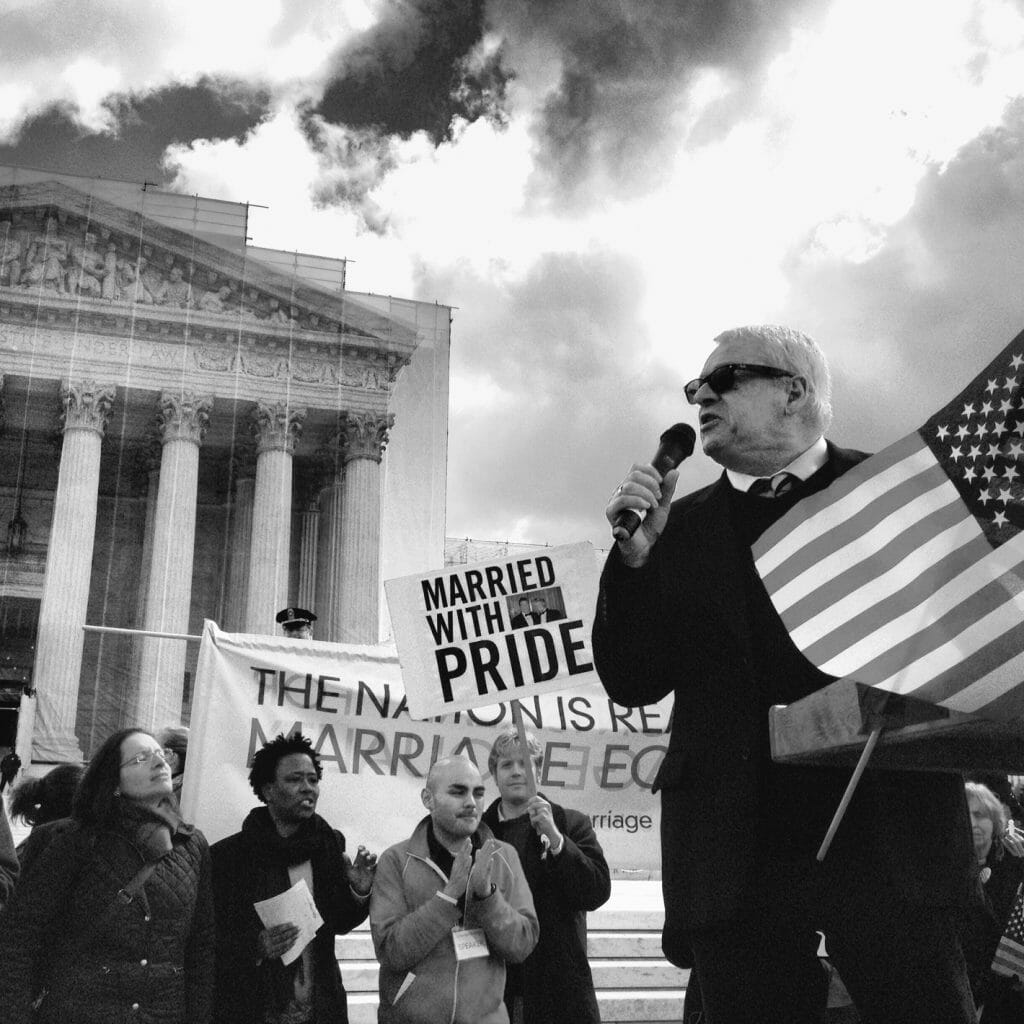“Trans kids who are fleeing Trump’s America, where do they go? They can’t come to The Castro. A little crappy studio apartment in the Castro’s going to cost you $2,500 a month.”
The gayborhoods were already disappearing. Before the pandemic, geographical centers of LGBTQ+ people like The Castro and West Hollywood were becoming straighter and more mainstream as rent prices rose and they became increasingly more difficult for queer people to afford.
Subsequently, smaller cities in red states, including Salt Lake City, Louisville, Norfolk, and Indianapolis, have some of the fastest-growing LGBTQ+ populations in the U.S. Throughout the pandemic, I’ve been wondering — and worrying — about how COVID-19 will affect and transform our queer neighborhoods. Will it be the final death nail in The Castro’s coffin? As Cleve Jones says, “Trans kids who are fleeing Trump’s America, where do they go? They can’t come to The Castro. A little crappy studio apartment in the Castro’s going to cost you $2,500 a month.”
And what will happen to the queer communities in places like North Carolina, where I grew up, that had an HIV clinic and a single gay bar three towns over?
On this week’s episode of LGBTQ&A, I called Cleve Jones to check-in and hear how he’s thinking about it all. Jones was mentored by Harvey Milk in the ’70s and is a legend in his own right. He conceived of the AIDS Memorial Quilt, co-founded the San Francisco AIDS Foundation, and has been fighting for LGBTQ+ people for the last five decades.
Cleve Jones talks about how COVID-19 will affect these queer physical spaces, why we need to think about the LGBTQ+ community in economic terms, and the current state of the movement.
Listen to the full interview on Apple Podcasts, Spotify, or Stitcher.
Listen and subscribe to LGBTQ&A on Apple Podcasts, Spotify, or Stitcher.
LGBTQ&A is a weekly interview podcast hosted by Jeffrey Masters. Episodes come out every Tuesday.













